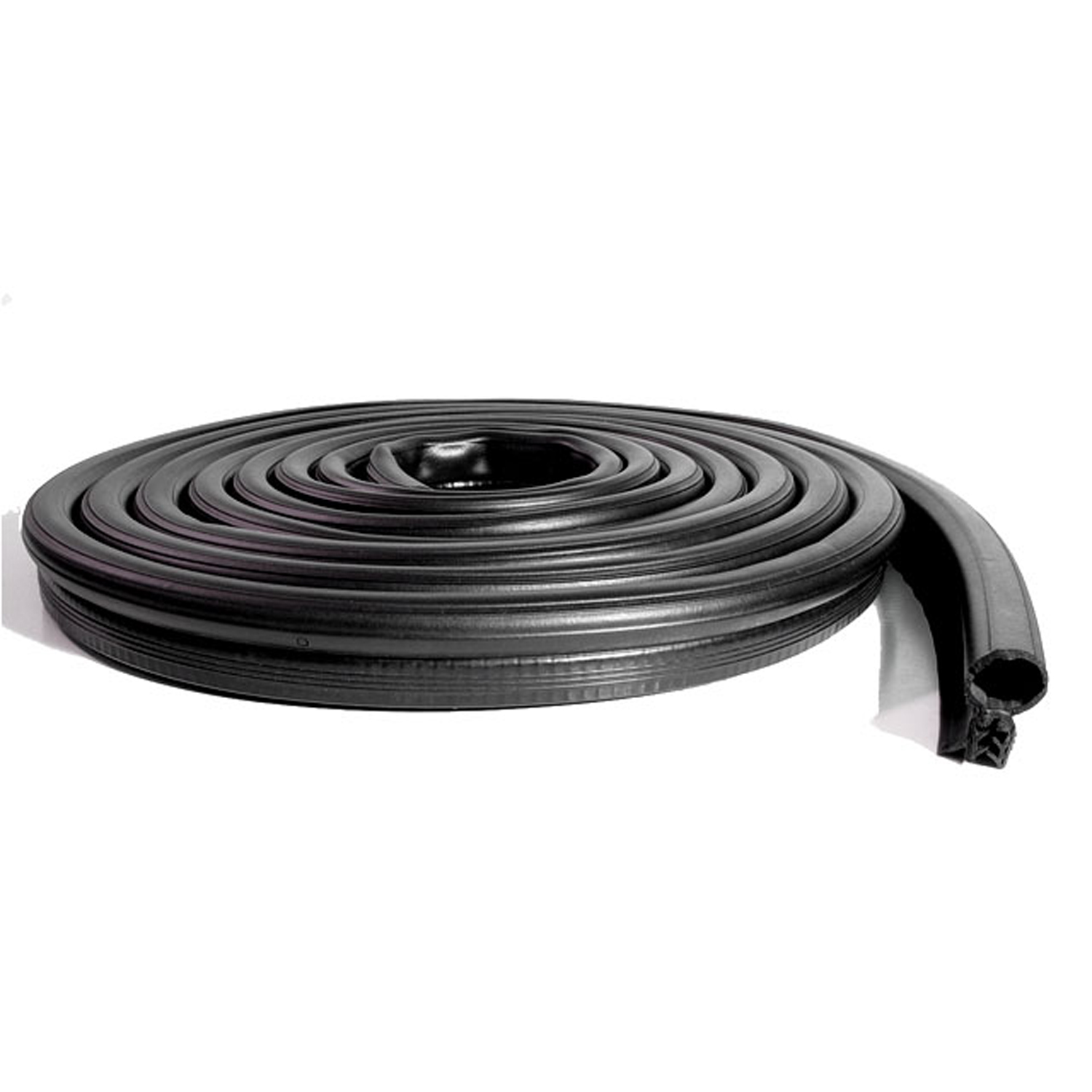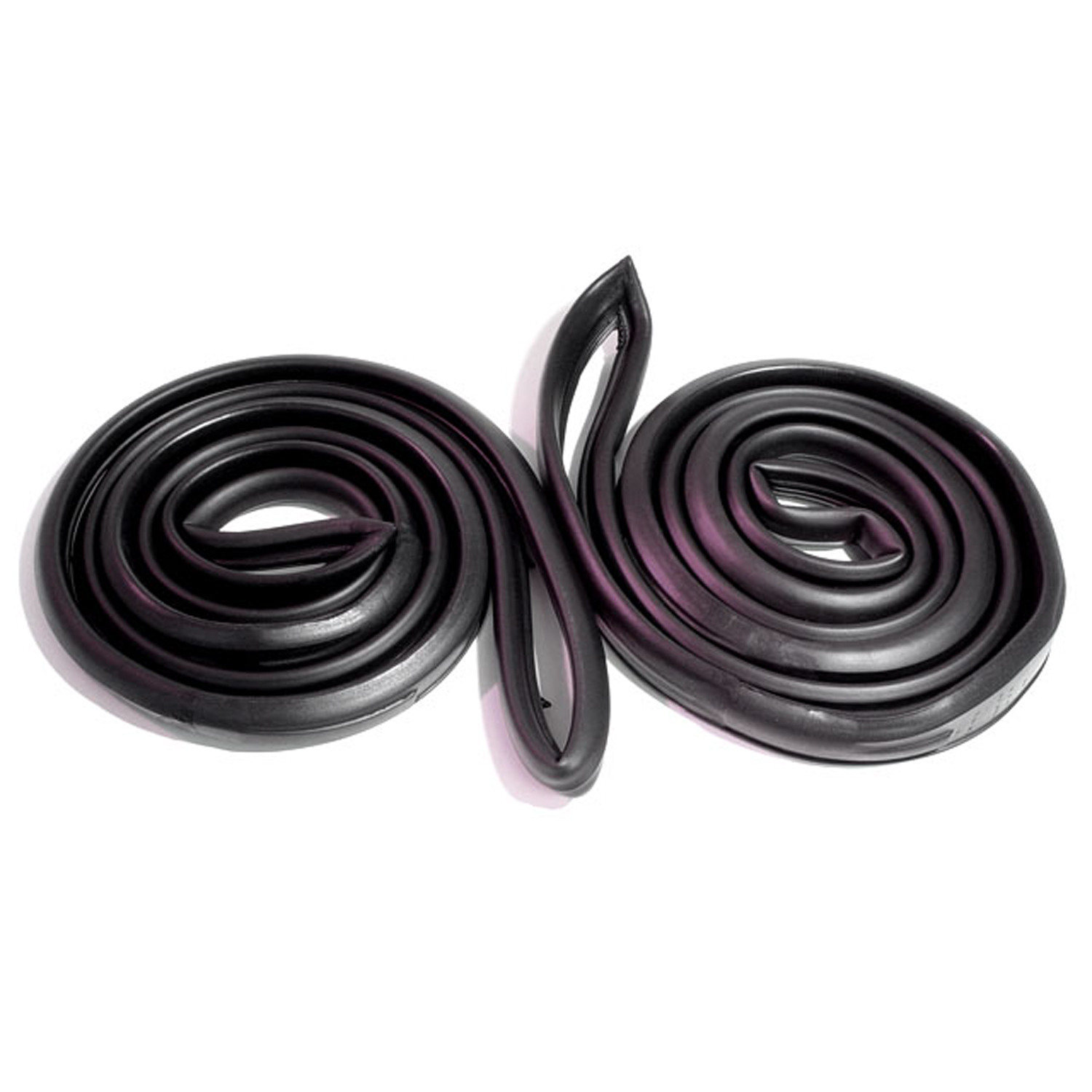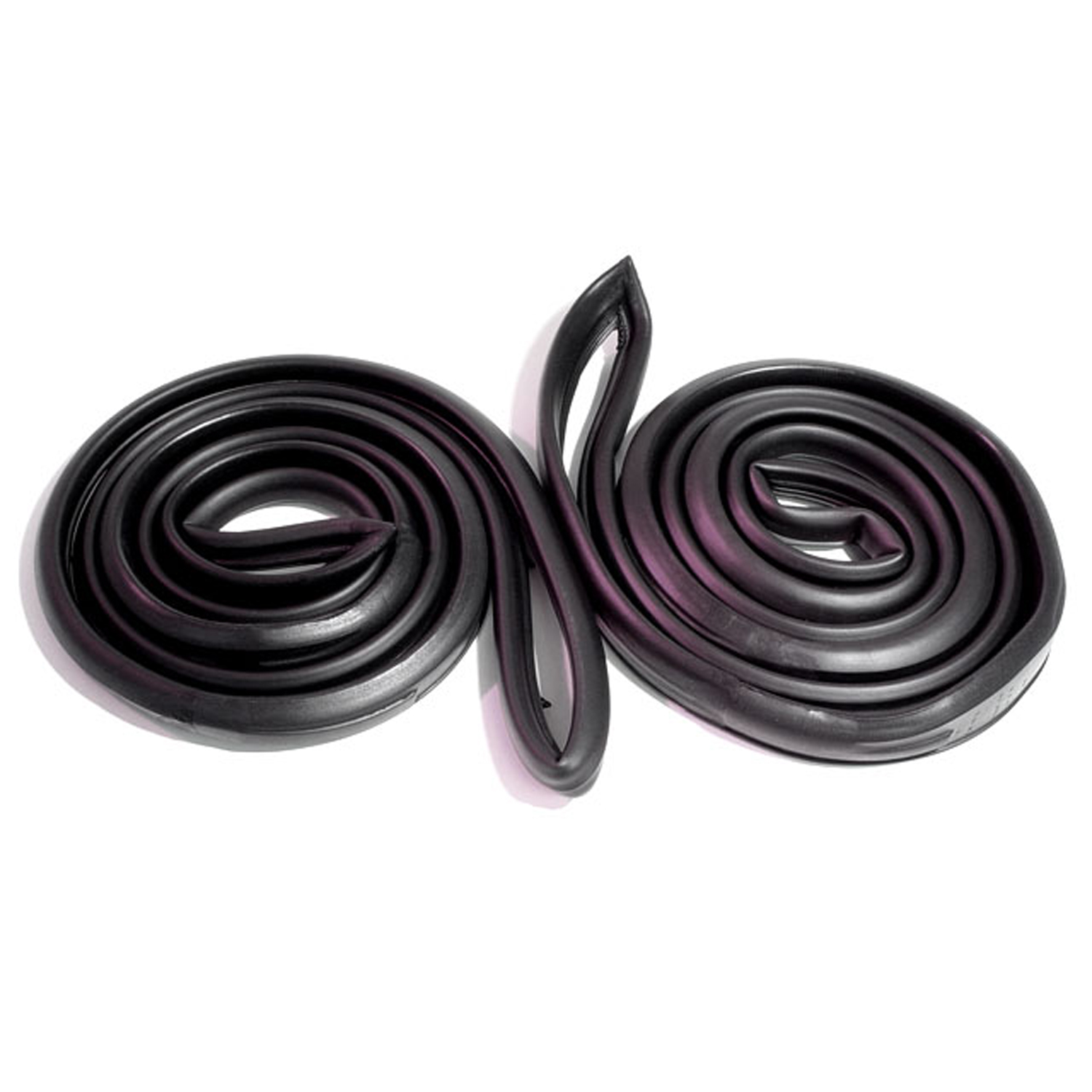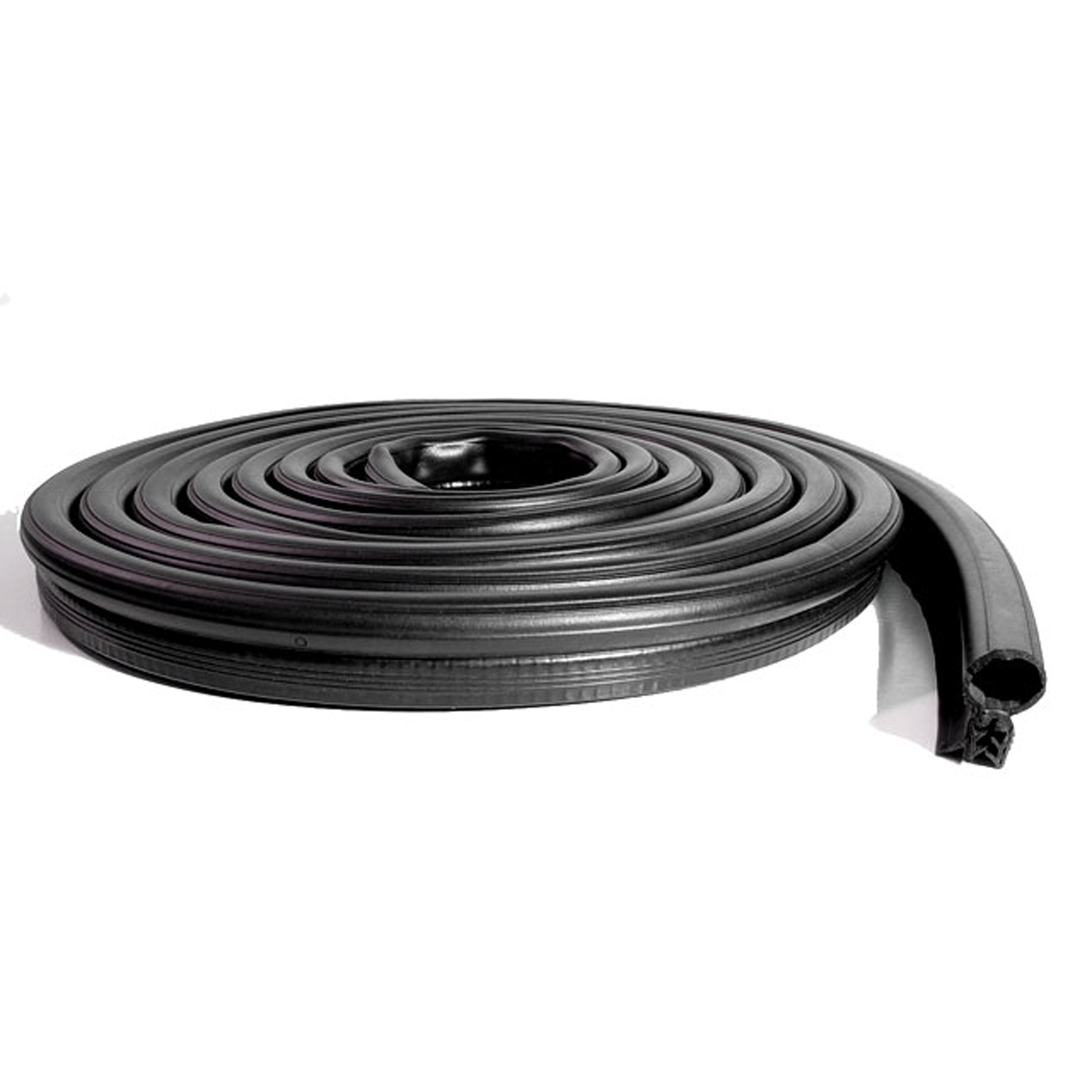Image of 1989 Pontiac Bonneville, Note: These illustrations use artistic license and may differ from actual historical models.
Performance Metrics
Fundamental Metrics
Emotional Appeal
MMP Rating
| Engine Specifications | |
|---|---|
| Engine: | 3.8L V6 |
| Displacement: | 231 cu in (3.8L) |
| Horsepower: | 165 hp |
| Torque: | 210 lb-ft |
| Compression Ratio: | 8.5:1 |
| Ignition System: | Electronic |
| Cooling System: | Liquid-cooled |
| Performance Specifications | |
| 0-60 Time: | 9.5 seconds |
| 1/4 Mile Time: | 17 seconds |
| Top Speed: | 118 mph |
| Transmission and Drive | |
| Drive Type: | Front-wheel drive |
| Transmission Type: | 4-speed automatic |
| Fuel and Efficiency | |
| Fuel System Type: | Fuel injection |
| MPG: | 17 city / 26 highway |
| Dimensions and Brakes | |
| Brakes: | Front disc / rear drum |
| Wheelbase: | 110.8 inches |
| Weight: | 3,353 lbs |
Note: Specifications for classic cars are given to the best of our ability, considering the limited and variant data available.
Rediscovering the 1989 Pontiac Bonneville: A Sleeper Classic
The 1989 Pontiac Bonneville may not be the first vehicle that springs to mind when classic cars are mentioned, but this often-overlooked gem deserves a closer look. Born from the storied Pontiac division of General Motors, the Bonneville nameplate carries with it a legacy of American automotive culture. The '89 model marked a significant transition into what was known as the H-body platform, setting it apart from its predecessors with a front-wheel-drive layout and a more modern design approach. One unique fact about this model year is that it was the first to offer a supercharged engine option, albeit introduced later in its production cycle.
Design and Innovation
The exterior of the 1989 Bonneville was a blend of traditional Pontiac styling cues and aerodynamic efficiency. Its sleek lines and distinctive front grille were complemented by wraparound headlamps and an integrated rear spoiler on some models. Inside, passengers were greeted with a spacious cabin, plush seating, and an array of convenience features that were impressive for the era. Materials ranged from durable fabrics to optional leather upholstery, ensuring comfort and durability. Technologically, the Bonneville featured electronic fuel injection and advanced (for its time) computer diagnostics. Color options varied, but popular choices included Bright White and Medium Maui Blue Metallic. The most iconic body style was arguably the SSE sedan, which offered additional luxury and performance options.
Historical Significance
The 1989 Bonneville's impact on automotive design was subtle yet important. It helped bridge the gap between traditional full-size American sedans and the more modern interpretations that would follow in the 1990s. This model stood out for its balance of performance, luxury, and affordability—a combination that was becoming increasingly rare at the time.
Performance and Handling
Under the hood, standard Bonnevilles came equipped with a 3.8-liter V6 engine capable of delivering smooth acceleration and a respectable top speed for its class. The SSE version offered enhanced performance features such as sport-tuned suspension and quicker steering response, providing drivers with a more engaging experience behind the wheel. On various driving conditions, from highway cruises to winding back roads, the Bonneville maintained composure with minimal body roll and predictable handling.
Ownership Experience
The 1989 Pontiac Bonneville found its niche among those seeking a reliable daily driver with a touch of class. It also garnered attention from car enthusiasts looking for a comfortable yet spirited ride. Maintenance was relatively straightforward thanks to its shared GM parts bin, making repairs manageable for the average owner.
Fun Facts
A lesser-known fact about this model is that it shared some components with other GM stablemates like the Buick LeSabre and Oldsmobile Eighty-Eight. While not known for breaking speed records or dominating sales charts, it held its own in endurance thanks to robust engineering. Criticisms at the time focused on its conservative styling compared to more radical designs emerging from competitors.
Collector's Information
Today, an 1989 Pontiac Bonneville in good condition can fetch anywhere from $2,000 to $6,000 depending on mileage, condition, and options—particularly if it's an SSE or SSEi model. While production numbers were not exceedingly low for this year (exact figures are elusive), finding one in pristine condition has become increasingly challenging. As such, prices have been slowly appreciating over time as enthusiasts begin to recognize the understated charm of this late '80s sedan.
Conclusion
The 1989 Pontiac Bonneville stands as a testament to an era when comfort, style, and performance could coexist harmoniously in an affordable package. While it may not have been hailed as groundbreaking at its inception, time has been kind to this model's reputation as a sleeper classic worth revisiting by collectors and enthusiasts alike.
1989 Pontiac Bonneville Catalog of Parts
 1989 Pontiac Bonneville Trunk Seal (Imported). Made with steel cores-IS-MW00101Trunk Seal (Imported). Made with steel cores. 1-3/8" X 3/4" X 17'. Each
1989 Pontiac Bonneville Trunk Seal (Imported). Made with steel cores-IS-MW00101Trunk Seal (Imported). Made with steel cores. 1-3/8" X 3/4" X 17'. Each 1989 Pontiac Bonneville Front Molded Door Seals. For 4-door sedans with FWD-LM 18-MFront Molded Door Seals. For 4-door sedans with FWD. Pair R&L
1989 Pontiac Bonneville Front Molded Door Seals. For 4-door sedans with FWD-LM 18-MFront Molded Door Seals. For 4-door sedans with FWD. Pair R&L 1989 Pontiac Bonneville Rear Molded Door Seals. For 4-door sedans with FWD-LM 18-M/RRear Molded Door Seals. For 4-door sedans with FWD. Pair R&L
1989 Pontiac Bonneville Rear Molded Door Seals. For 4-door sedans with FWD-LM 18-M/RRear Molded Door Seals. For 4-door sedans with FWD. Pair R&L 1989 Pontiac Bonneville Trunk seal-MW00101Trunk seal. Also replaces '75-'79 Buick Skylark hatchback seal. Made with steel cores. 1-3/8 in. x 3/4 in. x 17 ft. L. Each.
1989 Pontiac Bonneville Trunk seal-MW00101Trunk seal. Also replaces '75-'79 Buick Skylark hatchback seal. Made with steel cores. 1-3/8 in. x 3/4 in. x 17 ft. L. Each.Why Choose Metro?
For over 100 years, Metro Moulded Parts has been the pinnacle of quality in classic car restoration parts. Our commitment to precision and authenticity in every component ensures a perfect fit and an OEM-level appearance.
- Expert Craftsmanship & Quality: Each part is a testament to our dedication to reliability and perfection, crafted from original designs and thoroughly tested.
- Advanced Technology: We use cutting-edge techniques to create flawless, long-lasting parts that surpass others in performance.
- SuperSoft Sponge – The Ultimate Door Seal: Not only are our door seals 30% softer than competitors', but they're also guaranteed to never leak. They effectively reduce wind and road noise, enhancing your classic car's comfort and driving experience.
- Proudly American: Our parts are a product of American craftsmanship, made in the USA with a spirit of excellence and heritage.
- Unrivaled Warranty: We back our products with a 30-year industry-leading warranty, a testament to our confidence in their quality.
Join us in preserving the legacy of classic cars with parts that are crafted for perfection, not just made.

